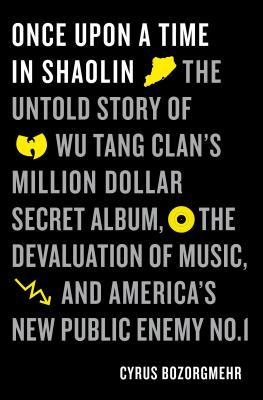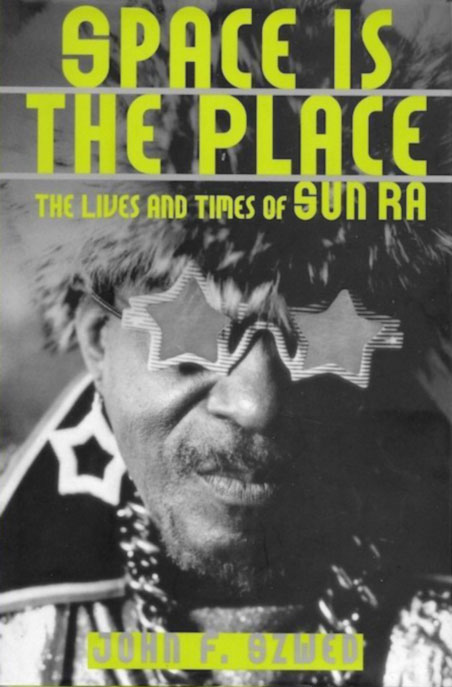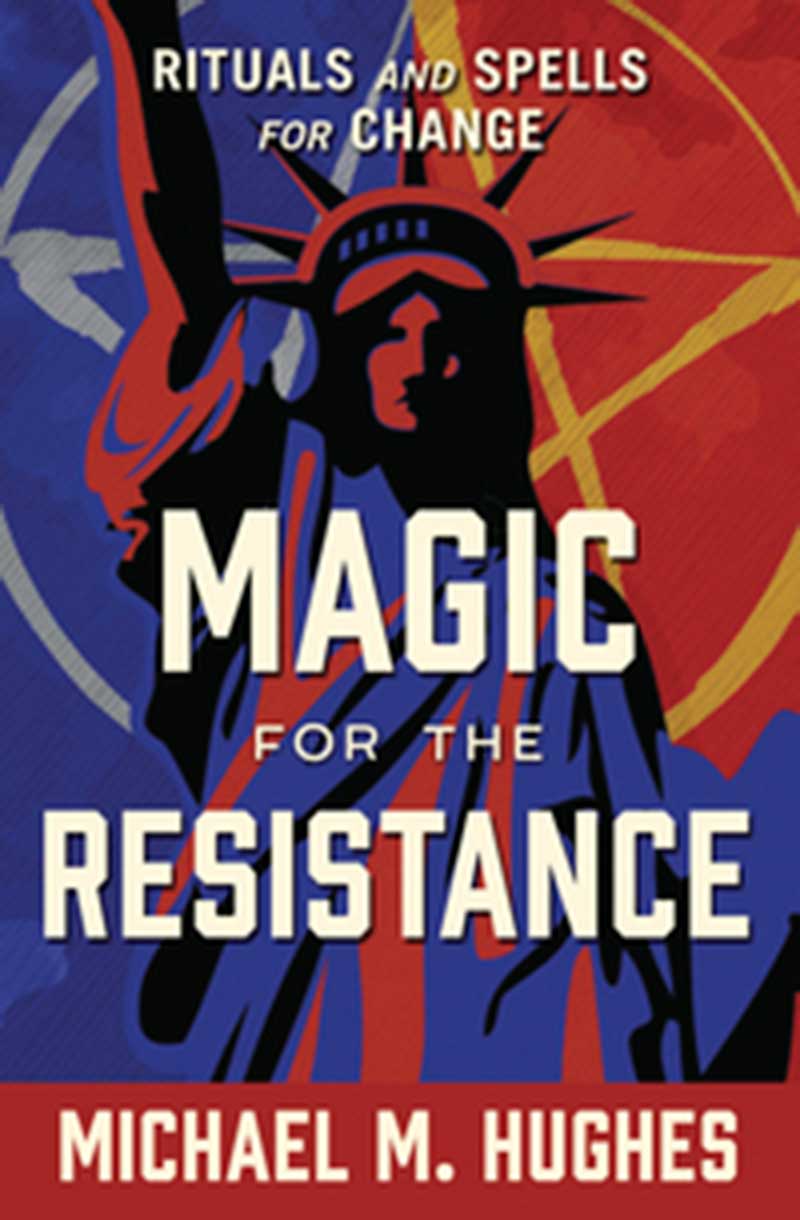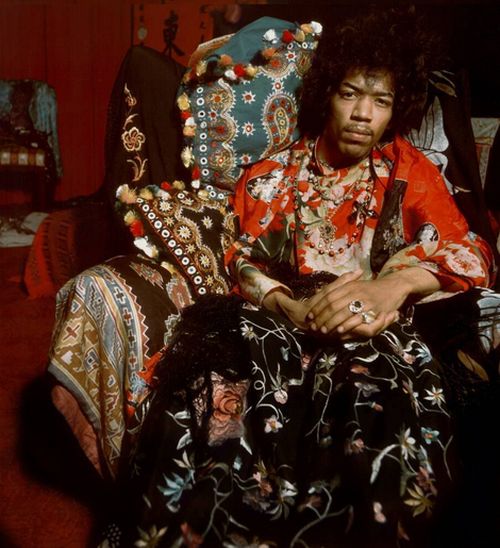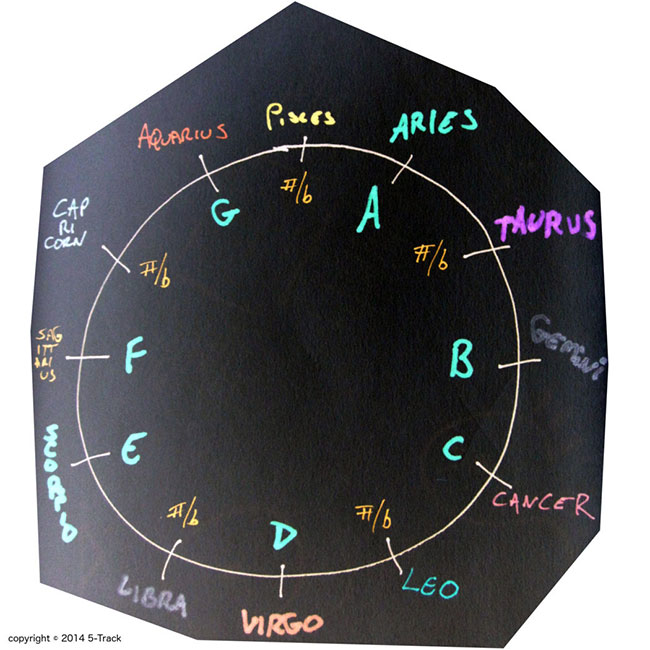Remember when this happened?
I’m aware of the Wu-Tang Clan, but have never given them a close listen. But as someone who is sometimes interested in the shenanigans of the eternally broken music industry, as well as occasionally obsessed with the dichotomy between commerce & art (if there even is one*), I recall following the story with interest.
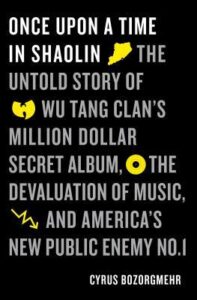
In short, the Wu-Tang Clan made an album, then manufactured only a single copy, & auctioned that sole copy off to the highest bidder. The anti-Spotify approach, you might think.
& it turns out that was exactly the point: To restore value to music as fine art, rather than see it treated as a ubiquitous ambient texture that no one wanted to pay for anymore. To call attention to the search for a way for music artists to get paid, to make a living, to survive, in a digital world.
For good or ill — & both possibilities are considered — the sole copy of Once Upon A Time In Shaolin was purchased by a person sometimes known as “The Most Hated Man In America”, Martin Shkreli. Shkreli’s antics are discussed here with more bemusement & bewilderment than insight, but I had fun doing armchair psych with the anecdotes Bozorgmehr provided. The current story on Shkreli’s relationship with journalist Christie Smythe would seem to provide a clearer picture of Shkreli as manipulative narcissist. (See “The Journalist & The Pharma Bro” by Stephanie Clifford.)
Shkreli’s assets, including Once Upon A Time In Shaolin, were then seized by the federal government of the United States of America, in the course of Shkreli’s conviction for fraud.
& there the story rests. (So sayeth King Wiki, anyhow.)
To my pleasant surprise, this book was:
1) written by an active participant in the project.
2) much more like reading a thriller of some sort than a drily dull non-fiction music-biz tome or myth-building celeb-bio potboiler.
3) chock full of manic philosophizing on music, art, industry, value, capitalism, anarchy, & so forth.
The writer — Cyrus Bozorgmehr, a name to conjure with? — is excitable, passionate, idealistic, jaded, manic, far from risk-averse, & somehow manages to translate all of this into compelling prose. Forced to sit still due to broken limbs is my best guess as to how.
You could say that the story wrote itself. You could also say that the participants wrote it by living it. You could observe, with Bozorgmehr, myriad odd coincidences & serendipities, then wonder if there was some higher-dimensional wizard action involved. I tend to think of course there was… It’s never discussed directly, but my guess is that either all Wu-Tang &/or RZA-related activities are part of some larger & very potent field, &/or the sheer singularity & scale of the effort provoked a reaction in the aether. It’s also worthy of note that much of the action takes place in Morocco, which has in some circles a rep as a magical locus.
RZA, Cyrus, & Cilvaringz agonize over each point of action & presentation in terms of strategic semiotics, and it is… WAY MORE EXCITING than I just made it sound: Should the album be unveiled in a museum? Which one? Auctioned via Sotheby’s, or sold low-key via private transaction? First announced in Rolling Stone, or in Forbes? What moves best make the point? Because the POINT is PARAMOUNT.
Which is something I had not realized prior — the extent to which this culture-hack was an Intentional Statement.
Although there are aspects of the philosophical debate driving Once Upon A Time In Shaolin which I’d like to see considered in greater detail, Bozorgmehr managed to touch on all of them at least briefly. He advocates for community-driven anarchism much later in the book than I’d have liked, but he does get there. We can’t hear about the music, because no one has heard it — Cyrus himself only heard some of it, and only once, at the official unveiling at the MoMA.
Bozorgmehr finds time to discuss other projects, by other artists, which poke around the edges of the same conundrum, including music only available in trade for other art, & music that can only be listened to in a forest. Your phone won’t play it anywhere else.
(your PHONE. won’t play it. anywhere. else.)
I also very recently read Erik Davis’ Led Zeppelin IV, which comments at length on, among other things, the nature & philosophy of recorded sound. It is VERY TEMPTING to digress on the intersection between Davis’ ideas & those present in Once Upon A Time In Shaolin. Maybe I can whip that together for you in a separate screed.
Possibly the most amazing thing about Once Upon A Time In Shaolin, the album, is that after all this time, it still hasn’t leaked. There are some worthlessly-low-fidelity excerpts on youtube, but you can’t hear the entire double-CD in any shape or form unless Martin Shkreli plays it for you. Or who knows, maybe it’s been the soundtrack to every FBI Saturday night blowout since March 2018. There is a petition floating around asking the United States government to release the album to the public. No chance under DT, but maybe Biden/Harris…
*(I mean, you know, like, what is ‘art’, anyway?)
AUTHOR’S NOTE — I was writing this piece tonight for my own amusement when Shkreli’s name popped up as a social media trend, due to the Elle article linked above. The coincidence of timing — the wink from the Universe if you prefer — was too much to let pass, especially when the subject at hand is already rife with synchronicities. So, here ya go!
smiles, 5

About the Author
5-Track is a fractal nexus.

About the Author
5-Track is a fractal nexus.



